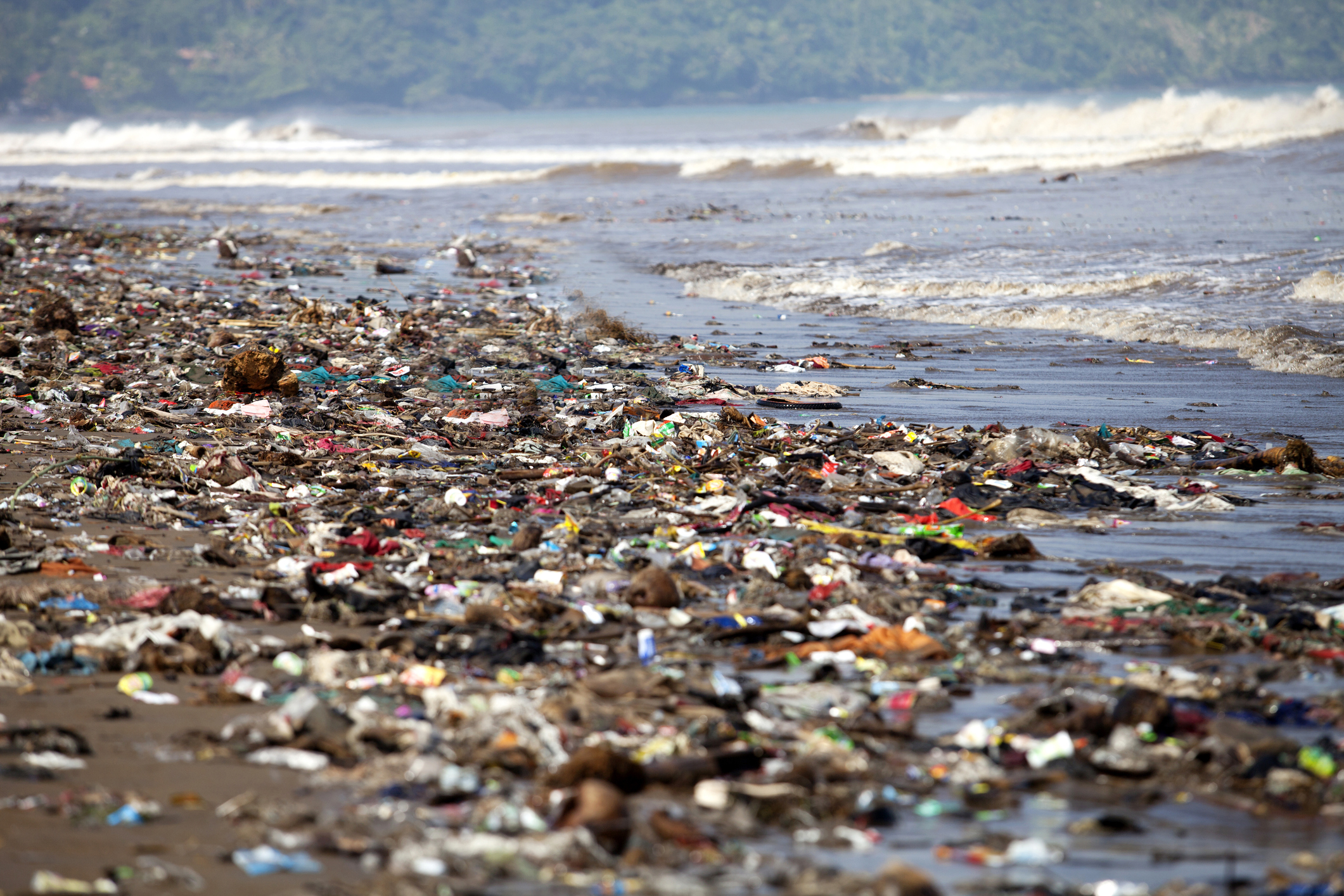
Fact Sheet
Microbeads
Overview
Small pieces of plastic—called microbeads—are accumulating in waterways across the U.S., and at least 15 states have passed or introduced legislation to address the problem. Microbeads are exfoliants commonly found in personal care products like soap. Due to the small nature of microbeads—less than one millimeter in diameter—the majority of water treatment plants are unsuitable for removing these particles from outgoing water. Once in the environment, microbeads absorb toxins before being ingested by fish that mistake them as a source of food. These toxins accumulate as they move up the food chain, and eventually pose a risk to humans and other wildlife eating the fish. Companies like L’Oreal and Johnson & Johnson recently announced plans to phase out microbeads, but it’s unclear whether they will use sustainable alternatives or other plastics.
Key Points
Key Point 1
Microbeads and other plastic pollutants can linger in the environment for over 50 years, slowly accumulating toxins and working up the food chain. (Scientific American)
Key Point 2
The Great Lakes account for 20% of the world’s freshwater, yet host an average of 17,000 pieces of microbeads per square kilometer. (NPR)
Key Point 3
More than 11,000 pounds of microbeads are annually added to Wisconsin waterways alone. (Milwaukee Journal Sentinel)
Key Point 4
Several sustainable alternatives for microbeads currently exist, including apricot seeds and walnut shells. (Elle)
Legislation
- In June 2014, Illinois passed legislation banning the use of microbeads, but it only applied to non-biodegradable plastic. This will allow the use of plant-based plastic, which do not biodegrade in water.
- At least 15 states including California, Vermont, Wisconsin, New York, Mississippi, and Alaska have introduced legislation to ban microbeads in the near future.

Empower State Environmental Champions
Your donation funds the fight for equitable actions that protect the environment and our health.
Donate